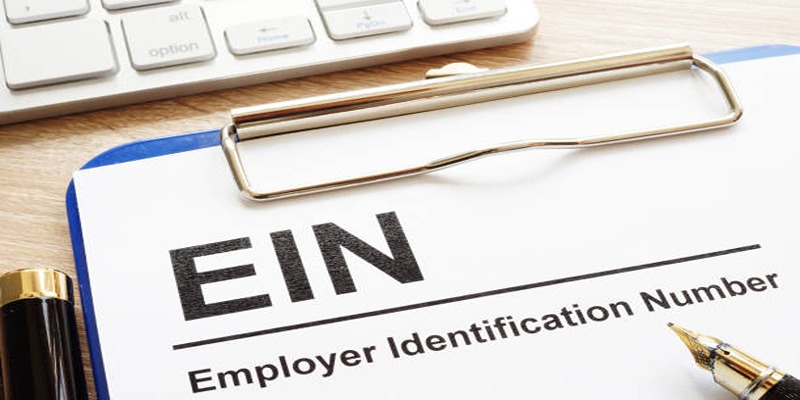The borrower agrees to a mortgage plan that will bring the borrower current on their payments for a certain amount of time. Both parties agree to abide by the terms of this agreement. The coronavirus outbreak sparked the forbearance help that will begin on March 18, 2020. Since the economic crisis of 2020, legislation and policies have been enacted to provide homeowners struggling to meet their mortgage payments with some assistance.
How a Mortgage Forbearance Agreement Works?
When borrowers have trouble keeping up with their mortgage payments, a forbearance arrangement may be negotiated with the lender. As part of the deal, the lender has agreed to lower the monthly mortgage payment or possibly stop collecting it completely for a certain time. They have also agreed to refrain from beginning the foreclosure process when they are granted forbearance.
The borrower must continue the full payment after the period and pay an extra amount to stay current on the missed payments. This additional amount must cover all outstanding payments, including the principal, interest, taxes, and insurance. The terms of the agreement will vary depending on the lender and the circumstances. Mortgage loan discrimination is unlawful. You may take action if you believe you have been discriminated against because of your color, religion, sexual orientation, marital status, use of public assistance, national origin, handicap, or age. Making a report to the Consumer Financial Protection Bureau or the United States Department of Housing and Urban Development is one action that may be taken in this direction (HUD).
Mortgage Forbearance Agreement Vs. Loan Modification
A loan modification agreement is a permanent solution to unmanageable monthly payments, unlike a mortgage forbearance agreement, which only offers debtors temporary respite from their financial burdens. The lender and the borrower can work together to modify the terms of the loan to lower the borrower's monthly payments by, for example, lowering the interest rate, switching from a variable interest rate to a fixed interest rate, or increasing the length of the loan term. These are just some of the options available.
Homeowners with federally-supported house loans, such as loans guaranteed by Fannie Mae, Freddie Mac, FHA/HUD, USDA, and VA, are eligible to get special assistance with mortgage forbearance under a piece of legislation that was enacted in response to the economic crisis of 2020.

Eligibility
If you have a mortgage backed by HUD/FHA, the VA, the USDA, Fannie Mae, or Freddie Mac, AND you are having financial difficulties as a direct or indirect result of the coronavirus pandemic, you may be qualified for the COVID-19 mortgage forbearance program. There is no need for any evidence of hardship.
Length of Forbearance
The deadline to apply for an initial forbearance on a HUD/FHA, USDA, or VA loan was June 30, 2021. Because COVID law does not apply to private loans, the forbearance provisions of a private mortgage COVID-19 loan are subject to any terms you can negotiate with your lender. Therefore, the mortgage servicer is the one who determines the application deadline, if there ever is one.
Duration of the Grace Period
Because the forbearance granted under COVID-19 is controlled, it has a certain amount of time that it may last. Most initial forbearance agreements have a term intended to last between three and six months, with the option to renew for up to a year. Depending on when you started your first period of forbearance, the total amount of time you are granted may be as long as 18 months in certain circumstances. You are eligible to seek a total forbearance of up to 18 months on your mortgage if it is guaranteed by HUD/FHA, USDA, or the VA, and your first forbearance began no later than June 30, 2020.

Homeowner Assistance Fund
The passage of the American Rescue Plan Act of 2021 includes the creation of a roughly $10 billion Homeowner Assistance Fund. This fund is intended to be paid to states and offers assistance to homeowners at risk of losing their homes to foreclosure or eviction. The funds will also be utilized to assist homeowners in avoiding delinquencies, defaults, loss of utilities or home energy services, and other forms of financial hardship associated with their mortgages and housing situations.
When Forbearance Ends
Your choices for making mortgage payments once the forbearance granted under COVID-19 ends will differ from agency to agency. One condition that applies to everyone is the restriction against demanding that borrowers return the delayed amount in one installment. There will be some borrowers who are ineligible for certain repayment plans.
- A portion of the amount you owe will be added to your regular payment as part of the repayment process.
- The amount you currently owe will be added to the loan's principal, and your monthly payment will be reduced. It will take you a longer amount of time to pay off the loan.







